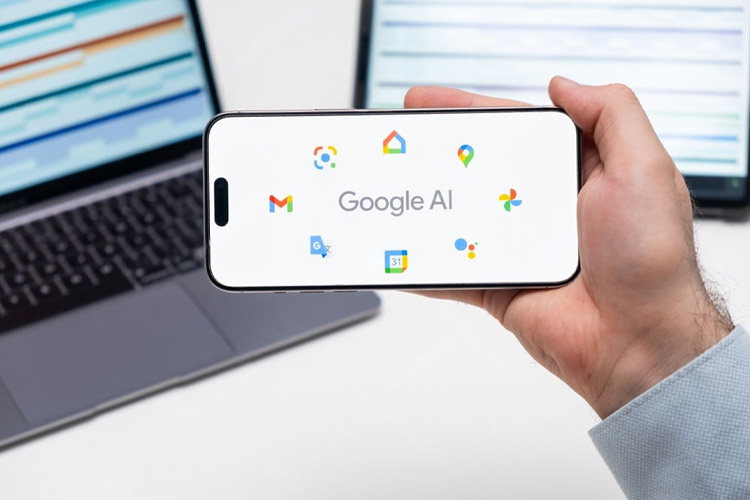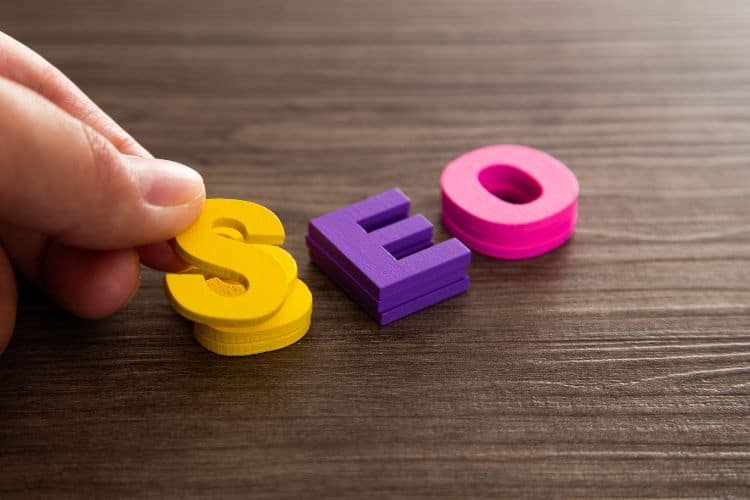In 2025, as AI continues to disrupt industries and transform workflows, one question keeps surfacing in the world of SEO:
Is Google penalizing AI-generated content?
With the rise of AI writing tools, the internet is flooded with machine-written blogs, product descriptions, and landing pages. And while automation boosts productivity, it also raises concerns around originality, quality, and trust.
Google’s latest update directly addresses this growing concern. In this blog, we’ll break down what the new algorithm says about AI-written material, how to align with Google content guidelines, and when AI content SEO can hurt or help your website’s rankings.
The Explosion of AI in Content Creation
AI writing tools—such as ChatGPT, Jasper, and Copy.ai—have become mainstream. Businesses use them to generate content at scale, create email templates, summarize blogs, and even write ad copies. But with this convenience comes compromise—especially in quality.
Much of the AI-generated content online today:
- Repeats ideas with no new insights
- Lacks tone, nuance, or context
- Uses overly generic phrases
- Fails to fully satisfy search intent
Google has taken note. And that’s where the 2025 update comes in.
What Google Says About AI Content
Contrary to myths floating around, Google does not automatically penalize content just because it’s AI-generated. But it does apply the same rigorous standards to AI content as it does to human-written pages.
According to Google content guidelines, content must:
- Be original and not copied or rephrased
- Demonstrate first-hand knowledge or expertise
- Offer real value to users
- Align with E-E-A-T principles (Experience, Expertise, Authoritativeness, Trustworthiness)
If AI content fails on these fronts, it gets treated the same as poor-quality human content: it won’t rank.
When AI Content Gets Penalized (And Why)
Let’s be clear: Google isn’t targeting AI—it’s targeting low-quality content, regardless of its source.
Here are common red flags that trigger SEO penalties AI-generated pages may experience:
- Generic or Overused Phrasing
AI tends to repeat safe, templated structures. Pages that read like bland summaries without insights are unlikely to perform.
- No Added Value
If the content merely rewords what’s already ranking, without adding examples, case studies, or depth—Google considers it redundant.
- Lack of Author Attribution
AI content with no named author or credentials may fail to meet the trust standards required under E-E-A-T.
- Inaccurate or Misleading Information
Since AI relies on pre-existing data, it sometimes invents or distorts facts. This damages credibility and user trust. - Content Stuffing
Some websites misuse AI to produce large volumes of SEO-optimized pages, hoping that quantity will drive rankings. This can lead to index bloat and algorithmic demotion.









